1200 Hrs GMT
London
Thursday
28 October 2010
Editor © Muhammad Haque
Even the Guardian's 'expert' admitted that 'elected mayor' system was a democratic cul-de-sac.
And nobody even bothered to comment at the time on the piece that the Guardian published by-lined to their ‘expert’ introduced as “professor of Leadership and Public Management, Newcastle Business School, Northumbria University”. We are!
Our commentary on John Fenwick’s opinion starts at 1230 Hrs GMT today Thursday 28 October 2010.
Visit us at http://twitter.com/notomayor
http://www.guardianpublic.co.uk/elected-mayors-comment-standards-committee
Comment
Elected mayor or council leader?
While there maybe benefits for an elected mayor system in local government there are also issues of accountability and public confidence. The government still seems keen on them, but larger authorities remain indifferent

John Fenwick
The committee on standards in public life, before it was diverted into a pressing engagement with the spending habits of our MPs, was busy holding its 12th inquiry. This important, if under publicised, investigation was concerned with 'local leadership and public trust' in local government, a topic especially pertinent to mayoral systems of local governance.
There have been 37 mayoral referenda in England and Wales, 12 opting for an elected mayor. One of these subsequently reverted to the council leader system that operates almost everywhere else. Thus, of 388 local councils in England only 11 (outside London) currently have elected mayors.
Why then does the elected mayor remain so firmly on the government agenda, when it stimulates such great indifference in the big provincial cities where it ostensibly offered so much? The Conservatives, as recently as a 2009 green paper, proposed legislation for mayoral referenda in our great urban centres, while Labour, creator of the mayoral option, continues to advocate its expansion to local areas and wider 'city regions'.
It is not going away, politically. What does this mean for those who manage our local government services?
Having an executive mayor necessarily changes the role of the chief executive , particularly the policy co-ordination function. Where an executive mayor exists to lead on policy, strategy and also implementation, there is bound to be a reduction in the role of senior management. There may be a consequential politicisation amongst officers.
Bureaucracy
The advertised strengths of elected mayors – strong management and streamlined decision-making – may indeed cut through bureaucracy, but there is another side to any changed equation of local leadership. This relates to public confidence and accountability, as the committee on standards in public life was beginning to explore before it was so rudely interrupted.
There are other issues of course: mayors have extensive delegated powers, a fact not overlooked by fringe groups who see the mayoral system as a rapid route to public recognition. It may even be that council leaders, now appointable for four years, will come to resemble indirectly elected mayors. Perhaps the government will address its agenda by simply declaring that council leaders are now mayors.
Ultimately, policy transfer – or transplanting brilliant ideas from the United States or continental Europe to the UK – doesn't always work. One need only say 'Child Support Agency', which is based on an American model, to illustrate the point. So why persist with the mayoral agenda?
One reason is the addiction of central government to reorganisation and structural change. Unique within the UK, England has been subject to a series of ill thought out partial reorganisations, changes in 'political management' and experiments in modernisation that fail to add up to anything coherent.
The problem of local leadership persists because central government no longer knows what local government is for. It reorganises, and thinks of new structures. That's why the message still coming from Whitehall is 'let's try elected mayors!'
No matter that the public seem underwhelmed by this opportunity – government seems determined to give it another try. One suspects this is because it can't think of anything else.
John Fenwick is professor of Leadership and Public Management, Newcastle Business School, Northumbria University














![Kay Jordan marched in Hanbury Street, Princelet street on 17 January 2006 [pictured below]](https://blogger.googleusercontent.com/img/b/R29vZ2xl/AVvXsEjmFpkcZgAW1eZKWId6O-xApvo7_zu4rL0QLz_ByB_FHaKbyUkAFfaPT1RdxXqjX-YVvveRu2zdPyr0pXqiFK-0SAjQd5vyTwGgGDnyU600Gk-gu-MueRhRIg_UhFT66fo8gzCl2tM4BX-8/s760/KHOODEELAAR%2521+No+to+Crossrail+Hole%252C+Demo+in+Hanbury%252C+Spelman%252C+Princelet+Streets+and+Brick+Lane+London+E1+17+January+2006.jpeg)
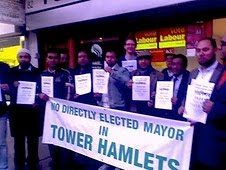




























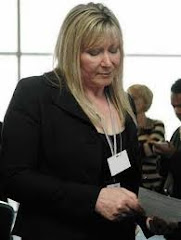
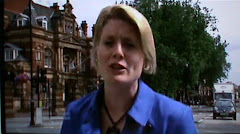


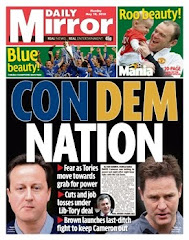

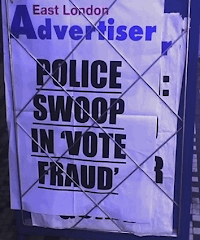
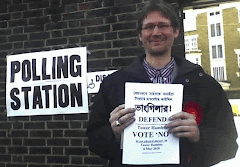
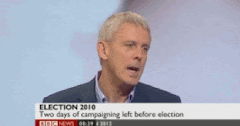






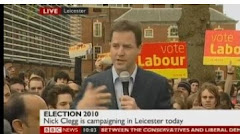
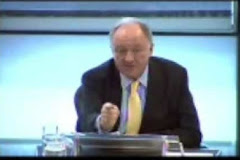


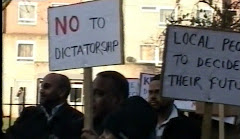


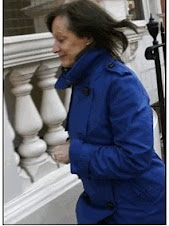
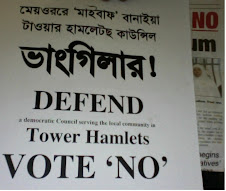
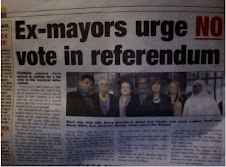

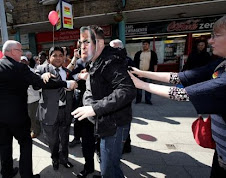

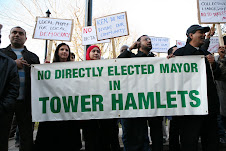




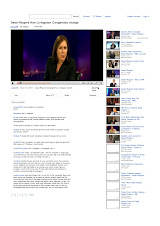
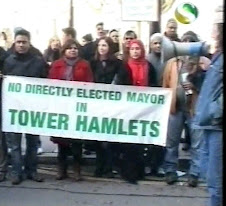
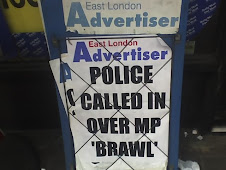
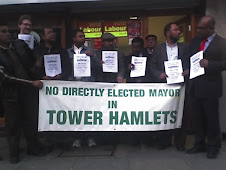

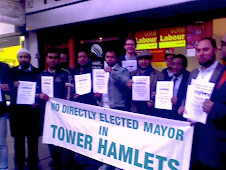
No comments:
Post a Comment